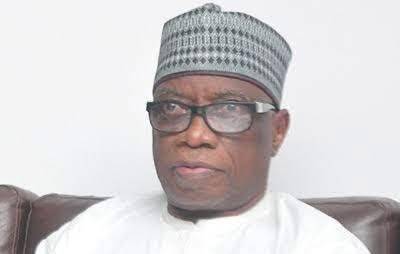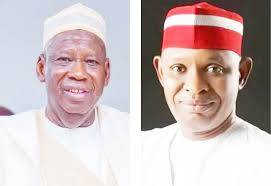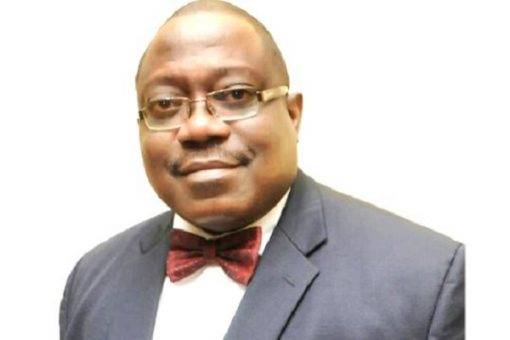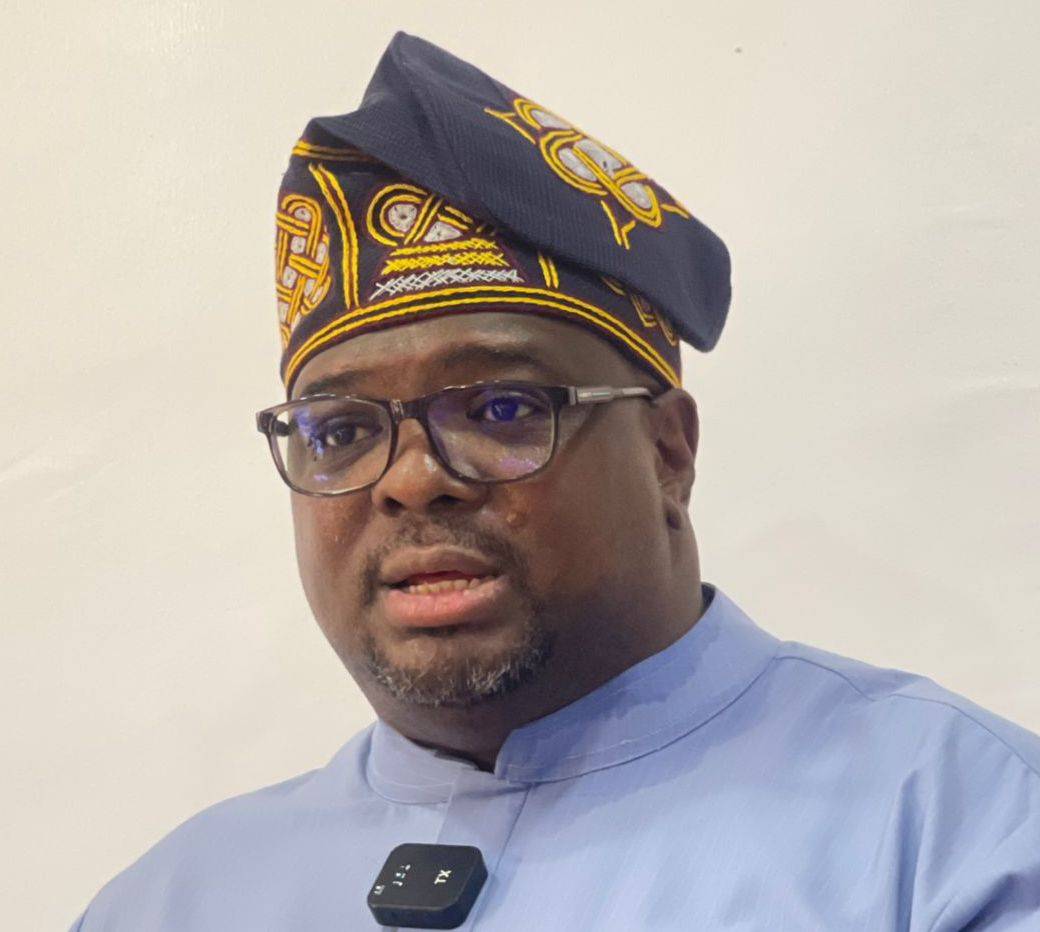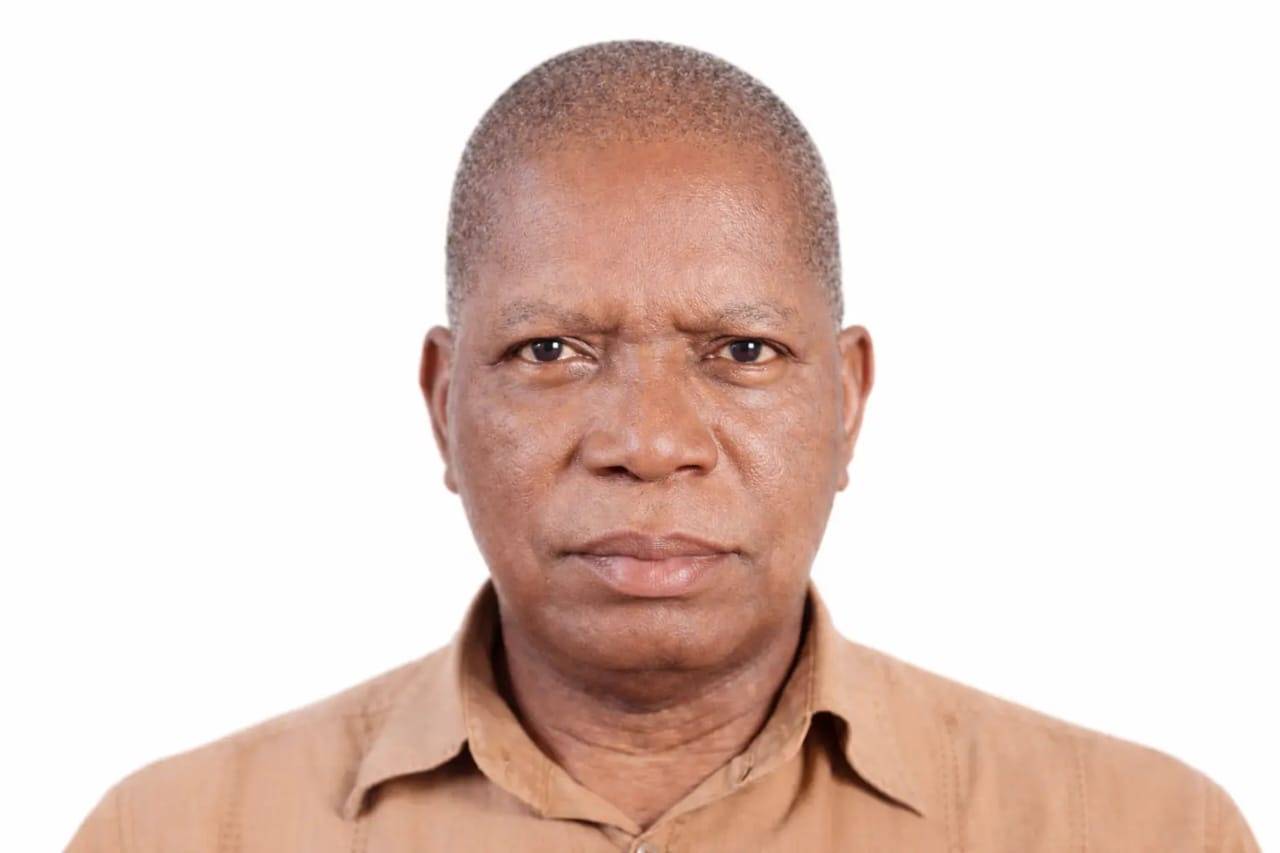By Segun Ayobolu
Nigerians have become amazingly numb and inured to shock as regards the astounding and ever increasing scale of corruption in the country and this is understandable. Hardly have we been dealt heavy blows by revelations of monumental theft of public funds by those in positions of trust who are custodians of such resources than yet another even more stupendous level of criminal raping of the public treasury is unveiled that dazes and baffles the imagination. Last week, for instance, the Economic and Financial Crimes Commission (EFCC) sought and obtained a court order for the forfeiture of 753 duplexes in a choice area of Abuja allegedly procured by a former top public office holder through corruptly acquired funds.
Although the anti-graft agency understandably was silent on the identity of the culprit since nobody showed up to claim ownership of the forfeited properties in the course of its investigations, the papers it filed in court to prosecute the case pointed unmistakably at the immediate past governor of the Central Bank of Nigeria (CBN), Mr Godwin Emefiele, who is currently undergoing trial for sundry acts of alleged corrupt enrichment and abuse of office.
Of course, it is so easy to laugh at and deride the former CBN Czar over his current embattled fate; to assume a posture of superior self-righteous indignation implying that we would never descend to such levels of venality if we were in his shoes. But have we not seen too many instances of former anti-corruption activists and social critics who do not hesitate to feed greedily on public resources in an orgy of ravenous rapacity once they are opportune to occupy public office? Who indeed is qualified to throw the first stone at indicted public officers for corruption just like the Lord Jesus asked the Pharisees who sought to stone to death the woman caught in the very act of adultery in accordance with the law of Moses?
The menace of corruption has become an epidemic under which the country has been haemorrhaging to death. It is fed by the fear of the appalling poverty from which many seek to extricate themselves and their future generations through outright looting of public funds. ‘Accumulate! Accumulate without end’ is the driving mantra as many strive to live up to the excessively materialistic value system that pervades contemporary Nigerian society.
That is why those who have been caught and convicted – a minuscule minority – for engaging in what is difficult to distinguish from armed robbery utilizing the weapons of their public offices to gorge on public funds are treated as heroes and heroines in their communities, churches, mosques, social clubs and other circles of influence.
I have always been intrigued by, admired and fascinated by those veritable paragons of virtue among us who refuse to descend into the cesspit and sewers of mindless material acquisition of public funds for themselves and their families. This is almost always invariably to the detriment of the rest of the vast majority of the society who sink deeper into the mire of poverty and immiseration. This category of Nigerians, mostly inspired by the vision of a socialist reorganization of society, are absolutely and unrepentantly committed to the struggle for a fairer, more just, less unequal and more equitable society where, given the depth of our resource-endowment, nobody should live in the kind of grueling poverty that millions of our people have no choice but to endure today.
One of these spiritually and morally ‘beautyful’ ones (apologies to Ayi Kwei Armah), Professor (Mrs) Bene Edwin Madunagu, took her exit from this side of eternity on Tuesday, November 26, 2024, at the age of 77. Had she been some noisy and vulgar ‘socialite’ or emergency contractor moving around in convoys of luxury vehicles with official security cover to boot, her demise would have triggered clanging cymbals, sonorous ululations and grand perverse celebrations of a life of decadent opulence.
But Mummy Bene’s life was one characterized by virtue, character, integrity, compassion and empathy well lived for the benefit of humanity. Most certainly, long after the ‘living dead’ among us are gone and forgotten, the memory of this woman who, though departed, lives through a life of sacrifice, honour, decency, civility and dignity, shall resonate through the ages.
Incidentally, I never met Professor Bene Madunagu personally but knew her by reputation. However, I had met and interacted with her husband, Dr Edwin Madunagu, the renowned mathematician, Marxist thinker, ardent revolutionary, fighter for social justice and compelling radical columnist both in person and by phone a number of times. Indeed, when she turned 70 on March 21, 2017, I wrote a review of a book of tributes in her honour edited by her husband, Dr Edwin Madunagu.
The unflagging commitment of this couple to fighting for the poor and vulnerable, striving ceaselessly to banish poverty from Nigeria through revolutionary organization and action has never ceased to amaze me. For, the truth is that they were both first class scientific brains who could have pursued the accumulation of wealth in Nigeria or migrated to the numerous prestigious universities around the world where they would have been infinitely materially well off and professionally fulfilled than they were in Nigeria.
Dr Edwin Madunagu is a brilliant PhD holder in Mathematics; a student of the great Professor Chike Obi at the University of Lagos. Professor Bene Madunagu holds a Bachelor of Science degree in Botany from the University of Lagos, a Master of Science degree in Mycology (Botany) from the University of Lagos and obtained a Doctorate degree in Phytopathology (Botany) from the University of Ibadan.
Her courage, fortitude and tenacity are illustrated by the following narrative from one of her students and mentees. Both Dr Madunagu and Professor Bene had been dismissed along with 10 other academics by the military regime in Nigeria for their alleged roles in the “Ali must go” nationwide students protests of September 1978. One of her mentees reports that Professor Bene’s case was particularly harrowing because “Bene was instantly recalled from the University of Exeter, United Kingdom, where she had just begun a Ph.D programme on a fellowship. The fellowship was withdrawn, her salary stopped and her official quarters in the University sealed up. She was left stranded in London and had to be repatriated back to Calabar by the Nigerian Embassy”.
The account continues, “Bene went to court to challenge her dismissal. She won the case, and almost simultaneously the Academic Staff Union of Universities (ASUU) forced the government to recall all the dismissed staff. Altogether she was outside the University for 32 months. Bene Madunagu was officially reinstated in April 1981”. Thereafter, she rose steadily through the ranks, became a Professor in 2000 and retired formally from the University in March 21, 2012, when she attained the age of 65.
Among the groups and organizations through which she did mobilization and revolutionary work by playing leadership roles between 1973 and 1998 were Nigerian Youth Action Committee (NYAC), Society for Progress (SOPRO), Anti-Poverty Movement of Nigeria (APMON); Revolutionary Movement for the Liberation of Nigeria (REMLON); Calabar Group of Socialists (CGS); Women in Nigeria (WIN), Academic Staff Union of Universities (ASUU) and Movement of Peoples Democracy (MPD) to name a few. In 1993, she established and became Chair of the Executive Board of a Nigerian Non-Governmental Organization, the Girls Power Initiative (GPI) “to inform and educate girls of ages 10-18 years about their sexuality, their sexual and reproductive health and rights”.
Professor Bene Madunagu writes and speaks with clarity and force about the multidimensional character of exploitation and oppression in Nigeria engaging in scathing critiques of their class, gender and other manifestations. In a paper presented to a group in 1985, for instance, she submitted that “There are some forms of oppression imposed on the working and toiling people of Nigeria by the neo-colonial (or peripheral) capitalist structure of the economy. On the most general (i.e abstract) level, working and toiling people of both sexes suffer these forms of oppression. This, we think, is the correct starting point for the consideration of the specific oppression of women in our society”.
The Madunagus were a unique couple both in their joint and individual commitment to the cause of equity and justice in Nigeria and their participation in selfless struggles over decades against debilitating and dehumanizing poverty in Nigeria. Their fellow comrade and close friend, Professor Biodun Jeyifo, vividly captures the essence of their relationship thus, “If it is undeniable that part of the identity of Bene Madunagu derives from the fact that she is the wife of Eddie Madunagu, it is equally true that Bene stands so completely in her own shoes and in so many diverse areas of life that one can equally say that Eddie Madunagu derives part of his identity from being the husband of Bene”.
And shedding further light on an aspect of their relationship in his tribute to his wife at 70, Edwin Madunagu writes, “All major decisions in our organizational, political, professional, occupational, financial and family lives since 1975 have been taken together and executed together- sometimes with one person above ground and the other underground. Beyond this, everything that can be called property (which, excluding literary acquisition is very limited) is collectively owned in a largely revolutionary sense – with the formal and legal ownership residing with Bene”. What utterly fascinating and awe-inspiring selflessness!
As we said earlier, the Madunagus possess the requisite skills, intellects, energy, creativity, opportunities and dynamism to have successfully sought to accumulate as much wealth as they wanted for themselves and future generations of their families. They opted to live self-abnegating lives giving their today for the tomorrow of the disadvantaged, poor and downtrodden.
Other such unrecognized and little appreciated treasures who constitute preservative salt of the Nigerian earth include such heroes of the Nigerian masses as Bade Onimode, Eskor Toyo, Comrade Ola Oni, Baba Omojola, comrade Michael Imoudu, Bala Usman, Dipo Fashina, Okwudiba Nnoli, Raji Abdullah, Gani Fawehinmi, Femi Falana, Beko Ransome Kuti, Alao Aka Basorun, Kayode Komolafe, Owei Lakemfa, , Tayo Olorode, Ibrahim Imam, Ikenna Nzimiro, Aminu Kano, Balarabe Musa, Bala Mohammed, Biodun Jeyifo, Segun Osoba, Gambo Sawaba, Mokogwu Okoye, Marshall Kebby, Omafume Onange, Ehiedu Iweirebo , Margaret Ekpo, Mahmoud Tukur, Jubrin Ibrahim, Segun Sango, Lanre Arogundade, Frank Kokori among several other progressive and pro-poor intellectuals and activists of the Nigerian people. Such selfless heroes and heroines do not die. They live on in history through the human memory down the ages. May Professor Bene Madunagu’s soul Rest In Peace.




